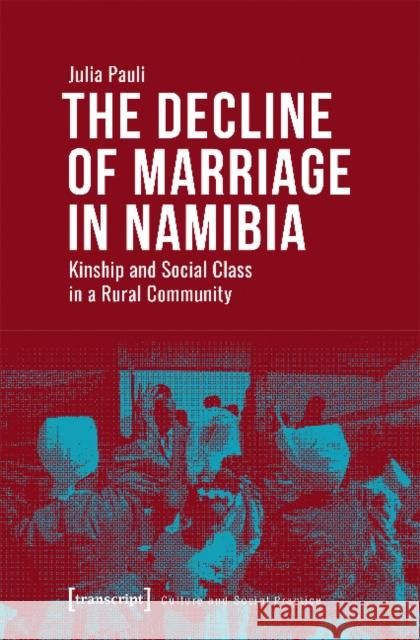The Decline of Marriage in Namibia: Kinship and Social Class in a Rural Community » książka
topmenu
The Decline of Marriage in Namibia: Kinship and Social Class in a Rural Community
ISBN-13: 9783837643039 / Angielski / Miękka / 2019 / 340 str.
Kategorie:
Kategorie BISAC:
Wydawca:
Transcript Verlag, Roswitha Gost, Sigrid Noke
Seria wydawnicza:
Język:
Angielski
ISBN-13:
9783837643039
Rok wydania:
2019
Ilość stron:
340
Waga:
0.47 kg
Wymiary:
22.35 x 13.72 x 2.03
Oprawa:
Miękka
Wolumenów:
01











